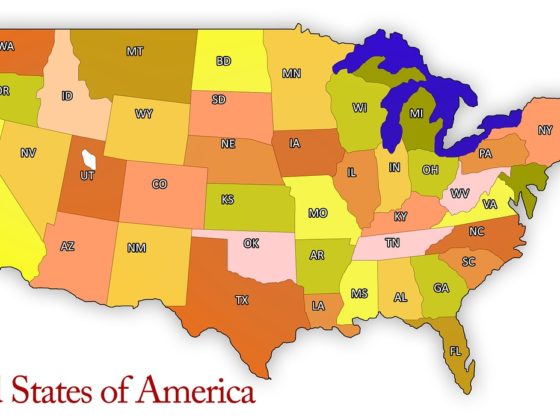Hello, my tax-conscious e-commerce sellers!
You might have read in the news: an average Canadian is paying 42.5% of their income in taxes. That is almost half your income spent on income taxes, CPP, EI, sales taxes, property taxes, occupancy taxes, fuel taxes, tobacco and alcohol taxes. You name it!
As a professional accountant, I will be honest with you. There are limited opportunities to save on taxes for individuals in Canada. Individuals are seen as the final consumer of goods and services by the government. Hence, they pay taxes on almost everything they spend their money on.
On the other side, small businesses are seen as value creators, job generators and engines of economic activity. Hence, they receive different tax treatment. Businesses are allowed to deduct the expenses they used to generate their revenues.
They are also allowed to defer a significant amount of taxes almost indefinitely as long as they use the funds to generate active business income. Business owners are allowed to use different legal structures that match their business strategy (read more about the best e-commerce business structure in this article).
Long story short, e-commerce business owners can get much more flexible tax treatment. And this is what we are going to show you in our case study today.
E-commerce Seller Case Facts
Ben owns an Amazon store and runs it as a sole proprietorship. He sells multiple lines of product on several marketplaces. He uses Amazon FBA services but occasionally sells through FBM as well. With Amazon marketplace exploding around the world, his businesss really took off in the recent years.
Before
Ben has made $124,500 in net profits last year. When we filed his taxes, Ben had to pay income taxes on the full amount of that income.
The sole proprietorship business structure did not allow him to defer any income taxes. As a result, Ben paid a confiscatory $39,745.21 in taxes in 2017. That’s an effective income tax rate of 31.92%.
After
We decided to incorporate Ben’s e-commerce business into Ecom Canada Inc. The corporate structure will allow Ben to defer paying taxes on this business income.
After a tax planning discussion, we decided that Ben will be paying himself about $40,000 dividend to pay for his living expenses.
Here is what Ben will pay in taxes this year assuming he will have the same level of income.
His small business corporation will pay: $124,500 x 14% [combinded federal and Ontario provincial small business tax rate in 2018] = $17,430
His corporation will issue a dividend of $40,000. Ben will pay only $848.81 in personal tax on this dividend income.
In total, Ben will pay $17,430 + $848.81 = $18,278.81 taxes in 2018. That is an effective rate of 14.68%. This is less than half of what he paid in 2017!
With this change to a corporate structure, we saved Ben $21,466 in taxes, which he can reinvest back into his business or even hire a part-time employee!

How This Tax Strategy Works for E-commerce Businesses
- Ben avoided paying CPP of $5,128. If he continues to do so, he will not be able to receive CPP benefits when he retires. However, most e-commerce sellers prefer to re-invest that amount into their companies and bet on the growth of their business to finance their retirement. We see nothing wrong with that.
- Ben deferred paying taxes by sheltering his income in his small business corporation that paid a 14% tax rate.
- Ben only took out a portion of his business income for personal expenses.
Final Thoughts
- This type of tax planning is completely legal and even encouraged by the Canadian government. Small business corporations are technically a tax shelter. They are intended for you to reinvest the money into your business so that you innovate and create jobs.
- This strategy works if you keep a portion of your business income inside the corporation. If Ben would have needed the whole $124,500 amount for his living expenses, then the tax savings would be minimal.
- You have to have an actual business with clients and customers for this to work. If you are incorporating as an employee, this structure will not fly. The CRA will heavily penalize you for using a corporation if you don’t have a viable business.
- You have to have active business income. Property income coming from dividends, real estate investments, interest etc. will not benefit from this strategy. So don’t put your investments into a corporation for tax savings reasons. It won’t work!
- Other advantages of incorporation: limited general liability (slip and fall etc.), can sell the share of small business corporation tax-free (with conditions), can split dividends with family (with some restrictions)
- Disadvantages of incorporation: Ben’s accounting fees have probably increased by $1,500, he will need to keep a separate set of books. He will als need to track all withdrawals carefully to avoid landing into hot waters with the CRA.
- Last but not least. Don’t attempt to pull this off on your own. Please speak to a professional accountant. You will need to discuss all details in advance to make this work.






